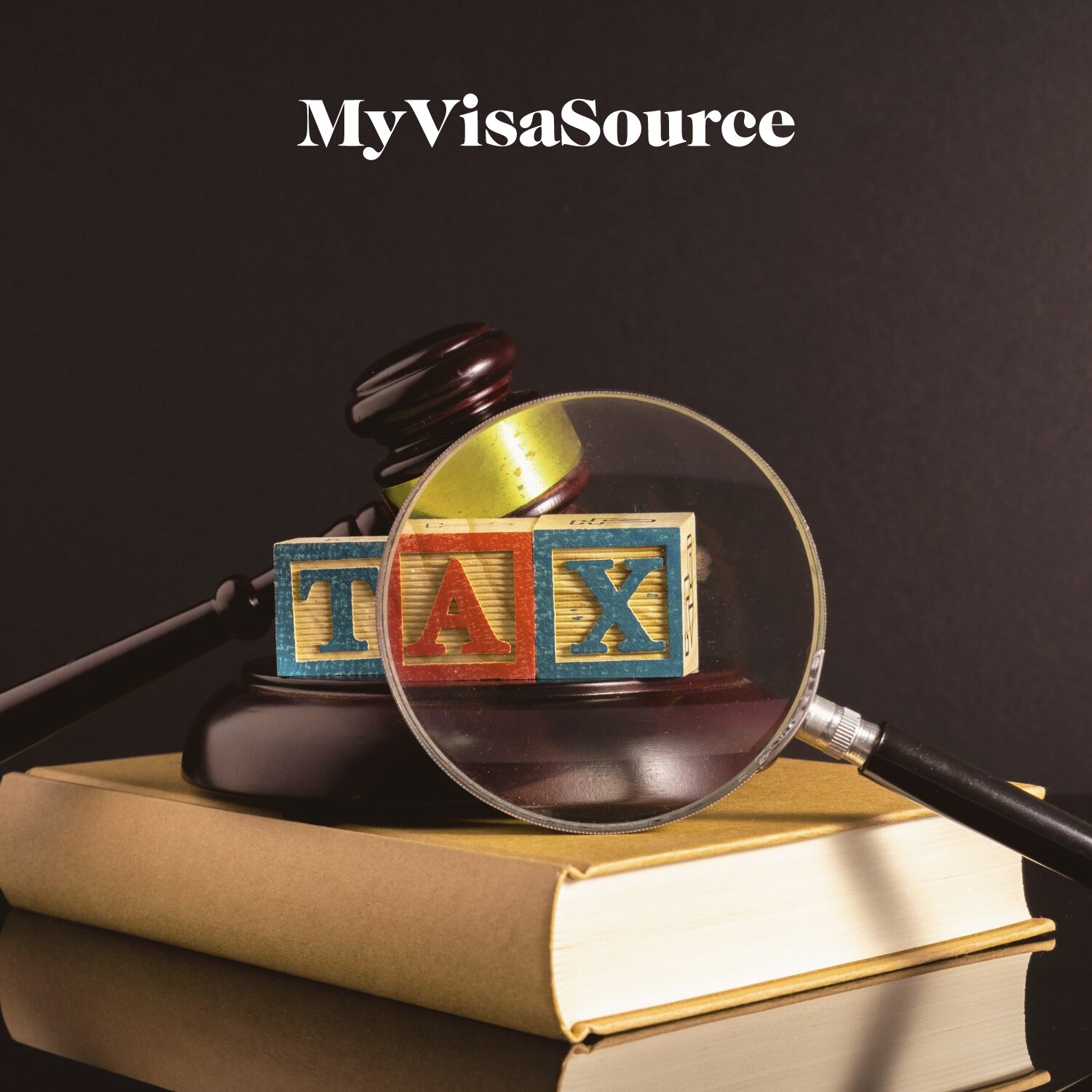Are you an immigrant or newcomer to Canada, wondering how to file your taxes for the first time? It may seem overwhelming to collect all the information required and find out how to file your tax return correctly. This guide will outline everything you need to know about filing a tax return in Canada.
Who Needs to File Taxes in Canada?
You must file taxes in Canada if you have significant ties to the country. Whether you have just become a Canadian citizen, permanent resident, or temporary resident on a work or student visa, it is recommended by the Canada Revenue Agency (CRA) that you file your taxes even if you did not make an income during the tax year. You should file your tax return even if you did not live in Canada for the entire tax year.
By filing your taxes, you can determine if you are eligible for any credits from the government. Submitting your tax return and making any outstanding payments on time is essential to ensure that you will receive refunds or credits promptly.
What is the Deadline to File Taxes?
The deadline to file your taxes in Canada is usually April 30. However, when the deadline falls on the weekend, the deadline will move to the next business day, making the deadline for this year May 1, 2023.
For self-employed individuals and their spouse or common-law partner, the deadline to file taxes is June 15, 2023.
You can begin filing your taxes online on or after February 20, 2023.
What Do I Need to File My Taxes?
First and foremost, you need a valid social insurance number (SIN). This number is required to work in Canada or open a bank account and will also be needed for your taxes. You can request a temporary tax number (TTN) from the CRA if you cannot obtain a permanent or temporary SIN.
You will also need to collect all of your tax slips. Some common forms that you may have include:
- T4 or T4A slip. This document is a report of your income and should be provided by your employer.
- T5 or T3 slip. These forms will report any investments you may have. You can get this form from your bank if applicable.
- T2202A slip. If you are a student, this form will report your tuition and payments to your educational institution.


















